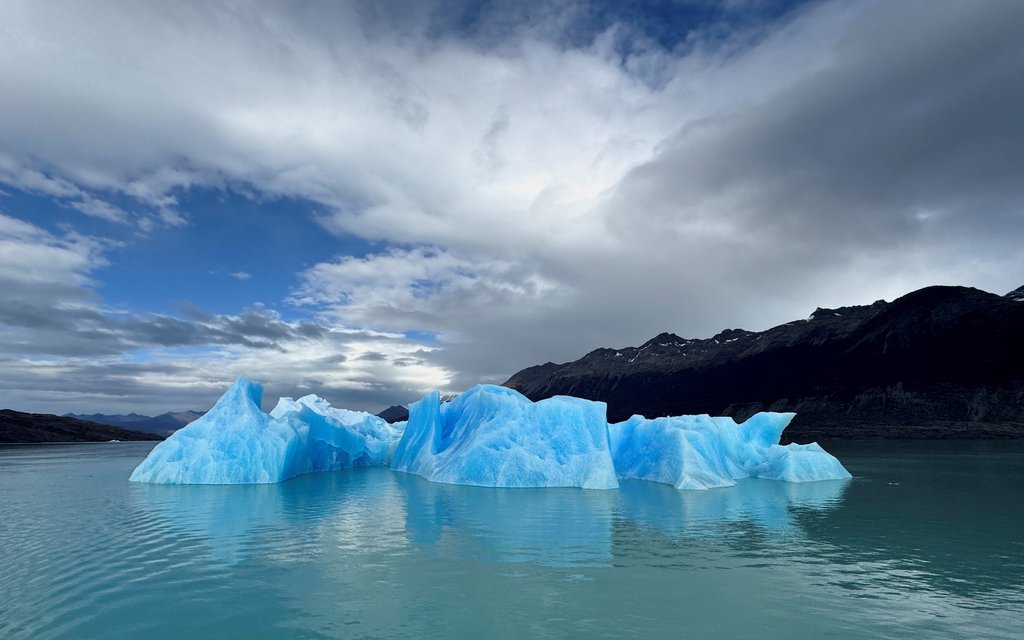NOTE: If you are short on time, watch the video and complete this bell ringer activity: What did you notice? What did the story make you think about? What would you want to learn more about?
SUMMARY
The 2015 Paris agreement’s goal of limiting global warming to 1.5 degrees Celsius was thought to be the threshold for averting severe climate change impacts. But new research says even that level is too high to prevent the catastrophic consequences of sea level rise due to melting glaciers. John Yang speaks with Chris Stokes, one of the study’s authors, to learn more.
View the transcript of the story.
News alternative: Check out recent segments from the News Hour, and choose the story you’re most interested in watching. You can make a Google doc copy of discussion questions that work for any of the stories here.
WARM-UP QUESTIONSWhat is the global warming degree threshold that scientists say we need to avoid exceeding, in both Celsius and Fahrenheit?Where and When was this threshold agreement established?Why did scientists and climate experts set that specific threshold, and why might it still not be enough to avoid severe climate change problems?How much ice are the Greenland and Antarctica polar ice sheets losing each year?Which cities are most at risk from rising sea levels, and why is this a serious threat to our world?FOCUS QUESTIONSIn what ways could climate change affect not just the environment, but also economies and societies? What do you think would be the most important impact?Although learning about the impacts and risks of climate change can feel overwhelming, how can understanding these issues encourage people to take positive action?
Media literacy: Who is Chris Stokes, and why does a person’s background, level of expertise and active involvement in researching these issues matter when it comes to how we understand and trust news stories about climate change?
WHAT STUDENTS CAN DO
Watch the video below to hear from young people who are leading efforts to protect our planet in their communities.
Discuss:
What can young people do to encourage leaders to take stronger, faster action on climate change?What are some changes you can make to your everyday life in order to help reduce the effects of climate change?How can you inspire others (friends, family or your school) to take small but meaningful steps toward protecting the planet?
Written by Brooke Ingemi, PBS News Hour Classroom’s intern and senior at Amherst College, and News Hour’s Vic Pasquantonio.
Fill out this form to share your thoughts on Classroom’s resources.
